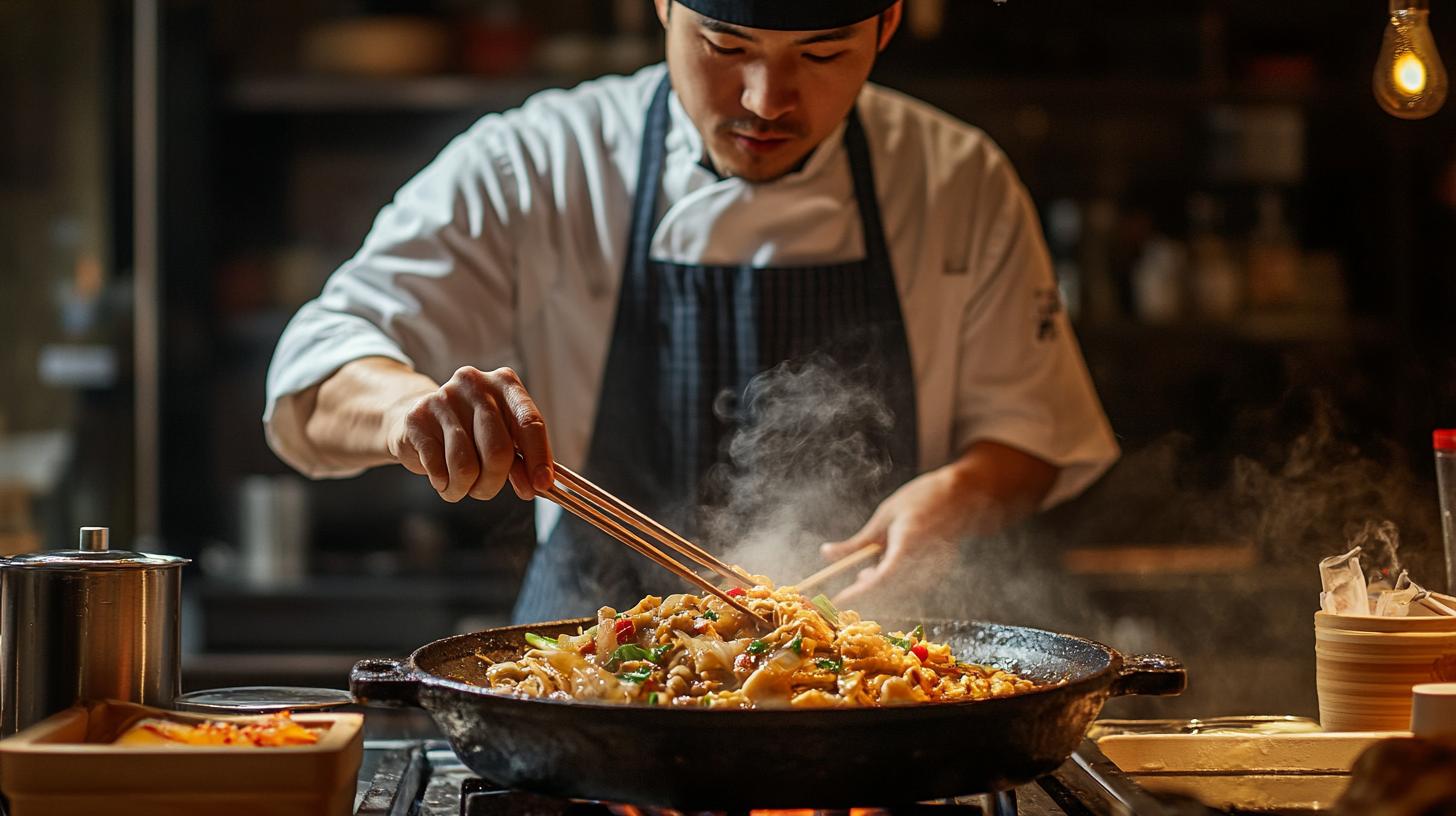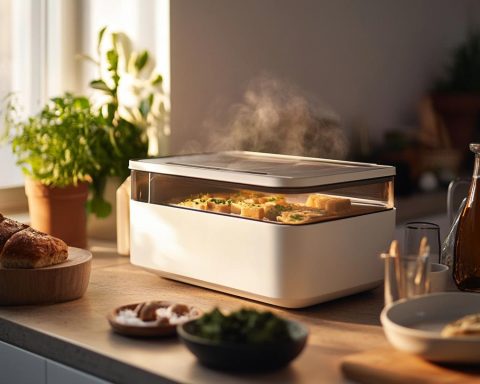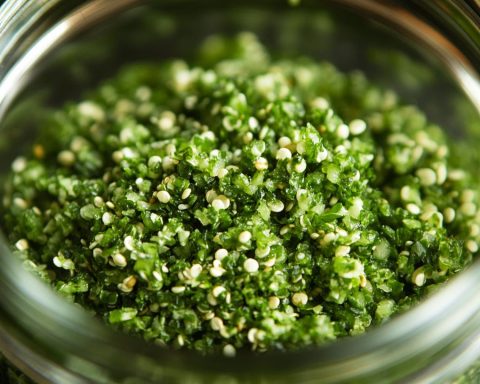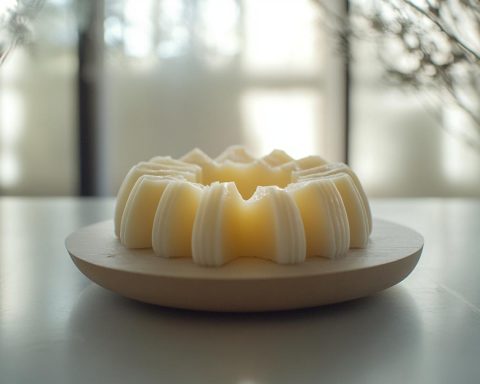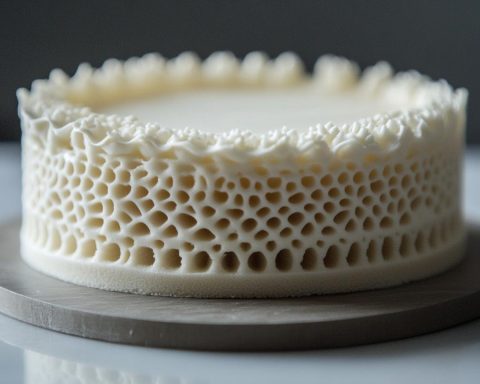In the heart of a bustling city, nestled between the vibrant neon glow and the tranquil ebb of the evening, emerges a dish that marries the artistry of Japanese cuisine with the bold, spicy notes of Korean fare. Sukiyakien isn’t just a meal; it is a culinary journey that awakens the senses and warms the soul. Once reserved for celebrations and intimate gatherings, this dish has transcended borders, offering a unique blend of sweet, salty, and umami flavors perfect for any occasion. Its origins trace back to a humble offering prepared for festive winter solstices, where families gathered around a hot pot to share stories, laughter, and warmth.
Sukiyakien is richly satisfying yet surprisingly balanced, with roughly 450 calories per serving, making it not only a treat for your taste buds but also a nutritious choice for a family dinner or a cozy evening with friends. Picture savory slices of beef, tender mushrooms, and vibrant vegetables, all simmering in a delicate broth that draws you in with every whiff. It’s a dish that invites you to slow down, savor the moment, and connect with those around you.
Ingredients:
For the broth:
– 1 liter of dashi stock
– 100 ml soy sauce
– 100 ml mirin
– 50 ml sake
– 2 tablespoons sugar
For the sukiyakien:
– 400g thinly sliced beef (ribeye or sirloin)
– 200g shiitake mushrooms, sliced
– 200g napa cabbage, chopped
– 1 block of tofu, cut into cubes
– 200g Korean rice cakes (tteok), slightly boiled
– 1 carrot, thinly sliced
– 1 large onion, sliced
– 3 spring onions, chopped
– 1 tablespoon sesame oil
– 1 teaspoon red pepper flakes (optional for a spicy kick)
– Freshly cracked black pepper to taste
– 2 eggs, lightly beaten (optional for serving)
Instructions:
1. Prepare the ingredients:
Begin by prepping all your ingredients. Ensure that the beef is thinly sliced to cook quickly and evenly. In another pot, par-boil the Korean rice cakes until slightly tender, then set them aside.
2. Make the broth:
In a large pot, combine dashi stock, soy sauce, mirin, sake, and sugar. Bring to a gentle simmer over medium heat, stirring occasionally until the sugar dissolves. Taste and adjust seasonings as desired.
3. Sauté the base ingredients:
In a wide, deep skillet or a traditional nabe pot, heat the sesame oil over medium-high heat. Add the sliced onions and carrots, sautéing until soft and fragrant. Add in the red pepper flakes for a subtle heat, if using.
4. Layer the ingredients:
Carefully lay the beef slices in the pot, followed by the shiitake mushrooms, napa cabbage, tofu, and prepared rice cakes. Pour the hot broth over the entire mixture.
5. Simmer the sukiyakien:
Cover the pot and let the mixture simmer for about 10-15 minutes or until the vegetables are tender and the beef is cooked through. Add black pepper to taste.
6. Finish with flair:
Remove the lid and gently stir through the spring onions. If desired, create small wells in the mixture and pour in the beaten eggs, allowing them to gently poach in the broth.
Serving Suggestion:
Serve Sukiyakien directly at the table, keeping the dish warm on a portable stove for convenient refills. Pair it with a bowl of freshly steamed rice to soak up the rich, flavorful broth and complement the succulent ingredients. A light, crisp cucumber salad or pickled daikon radishes make excellent side dishes, providing a refreshing contrast to the heartiness of the stew.
Cooking Tip:
For a unique twist, add a few spoonsful of kimchi for that authentic Korean zing, or substitute the beef with seafood such as shrimp or sliced fish for a lighter variation. Adjust the spice level to your preference, ensuring every simmer brings a smile to your dining experience.
Embark on your own culinary journey with Sukiyakien, where every bite is a harmonious celebration of culture, history, and taste.
Unleash the Soul-Warming Magic of Sukiyakien: A Fusion of Flavor and Comfort
In the dynamic culinary world, fusion meals hold a special place, merging distinct flavors from various cuisines to offer unmatched taste experiences. Sukiyakien, a brilliant blend of Japanese and Korean influences, is a prime example. This delicious winter warmer captivates with its balance of sweet, salty, and umami tones. Initially a dish for festive family gatherings, Sukiyakien is now a globally cherished recipe.
Nutritional Insights & Health Benefits
A generous serving of Sukiyakien contains approximately 450 calories, making it a wholesome choice that’s also packed with nutrients. Rich in protein from beef and tofu, it supports muscle maintenance, while fresh vegetables provide essential vitamins and minerals. The adaptation using Korean rice cakes adds a welcoming dimension of carbohydrates for energy.
Variations and Ingredient Substitutions
Ingredient Variations:
– Substitute beef with chicken or tofu for a different take or opt for seafood like shrimp to make it lighter.
– Shiitake mushrooms can be replaced with enoki or button mushrooms based on availability.
– For a more Korean twist, add a few tablespoons of kimchi, introducing tangy and spicy notes.
Equipment Recommendations
For best results, consider using a traditional nabe pot or a wide, deep skillet for cooking. A portable stove ensures you can serve Sukiyakien directly at the table, keeping it warm and inviting, just like traditional hotpots.
Common Mistakes to Avoid
One common error is overcooking the beef or vegetables, which can result in a less vibrant flavor. It’s crucial to keep an eye on the simmering process to maintain the tender texture of all components.
Seasonal Suggestions
Sukiyakien shines during colder months when hearty, comforting meals are most appreciated. However, it can be adapted for all seasons by integrating seasonal vegetables like zucchini in summer or pumpkin in fall.
Storage and Reheating Tips
Leftovers can be stored in an airtight container in the refrigerator for up to three days and gently reheated over low heat. Adding extra broth during reheating will help enhance the dish’s moisture content and flavor retention.
Trending Pairing Suggestions
To round off your meal, serve Sukiyakien with a bowl of steamed jasmine rice or quinoa to absorb the flavorsome broth. A side of seaweed salad or pickled daikon radish will refresh your palate and add crunch.
Whether you’re savoring each bite alone or sharing it with friends and family, Sukiyakien promises a journey into culinary innovation with its comforting warmth and unique flavor profile. Every simmer is a reminder of the coming together of cultures, crafted with care to delight every palate.
For more culinary inspiration and exploration of dynamic flavors, visit Your Culinary Journey.
